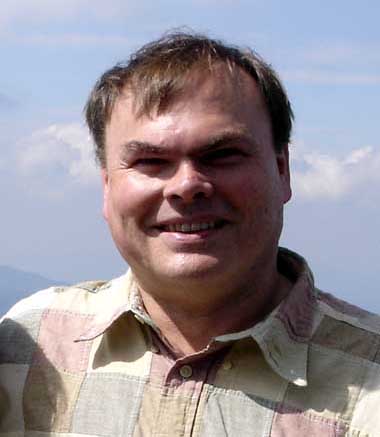Hi! I’m Bill and I’m one third of the ‘triumvirate’ – three Council members who sit on the YMB to form a communication channel between the two and to offer help, advice and encouragement when needed.
I was born and raised in the heart of the chairmaking industry in the Chiltern Hills and had my first contact with Industrial Archaeology on childhood walks past the abandoned church furniture factory of West & Collier in the village of Frieth, near Marlow in Bucks.
From junior school our head teacher organised trips to see local industry and that included the Wiggins Teape paper factory in High Wycombe, the Chinnor Cement company and The Ford plant at Dagenham all of which were great days out for me and, I realise now, planted a seed!
My interest in history probably came from my mother who was a keen local historian who researched and collected a great deal of written and oral history about the village where we lived and was well known for giving illustrated talks about the local area, eventually circulating a written history of the village and contributing to a very popular book of historic photographs.
On family holidays around the UK she would also point out historic structures and say “that was built by Telford” (or Brunel or whoever) a habit which she inherited from her father who was an engineer. In due course I inherited some of his books including the 3-volume set by Samuel Smiles “The Lives of the Engineers” (1861) which I still treasure.
At senior school my interests were diverted towards science including an A level in Computer Science, writing my first ever program in the Autumn of 1970 on a computer that took up a large room!
I got hooked on computers then and I followed it up with a degree in Computer Science (from Brunel University, coincidentally) and then I spent my whole working life in the software business designing and building systems for City institutions.
At University, and for a number of years after, I much enjoyed cruising our inland waterways. Whilst my companions mostly regarded the event as a waterborne pub crawl, and I admit I enjoyed the odd pint myself, I began to realise that I was looking at the remnants of 18thC industry and engineering and wanted to know more. I soon found many books were available on the subject and began to haunt second-hand bookshops building up an eclectic collection (discovering L. T. C. Rolt in the process) and this eventually led to a room full of books and my joining the AIA, amongst a number of other industrial and engineering heritage groups.
During my working years I also developed a keen interest in travel all over the world, and began to join the group tours organised by Paul Saulter through his company ‘Heritage of Industry’. Becoming tired of the rat race in the City and being able to take early retirement, I began to look around for something else to do. A chance conversation one day with Paul, who was looking to give up the travel business, opened up the prospect of my being able to combine what were by then my two main interests of travel and Industrial Heritage. And thus I initially joined Paul as a co-director and in due course took over the company. The company doesn’t make much money but my rewards are gained from going on all the site visits, including factories be they active, preserved or derelict and seeing the pleasure that others gain from it too.
AIA members will know me mostly through the Annual Spring Tour but I have also run tours for the Newcomen Society and still operate the City Safari and Industrial Explorer trips and now I’m just starting a new series of tours called “The Lives of the Engineers”, named after Smiles’s books, following the life and works of some of those engineers whose names I learnt as a child.
My wife and I still like to travel widely when circumstances permit. Both of us particularly enjoy wildlife tours and that allows me to pursue another of my hobbies which is photography.
Along the way, and after my mother passed away, I have created a website based largely on her researches, chronicling the history of Frieth – including the history of that church furniture factory. http://friethhistory.org/

